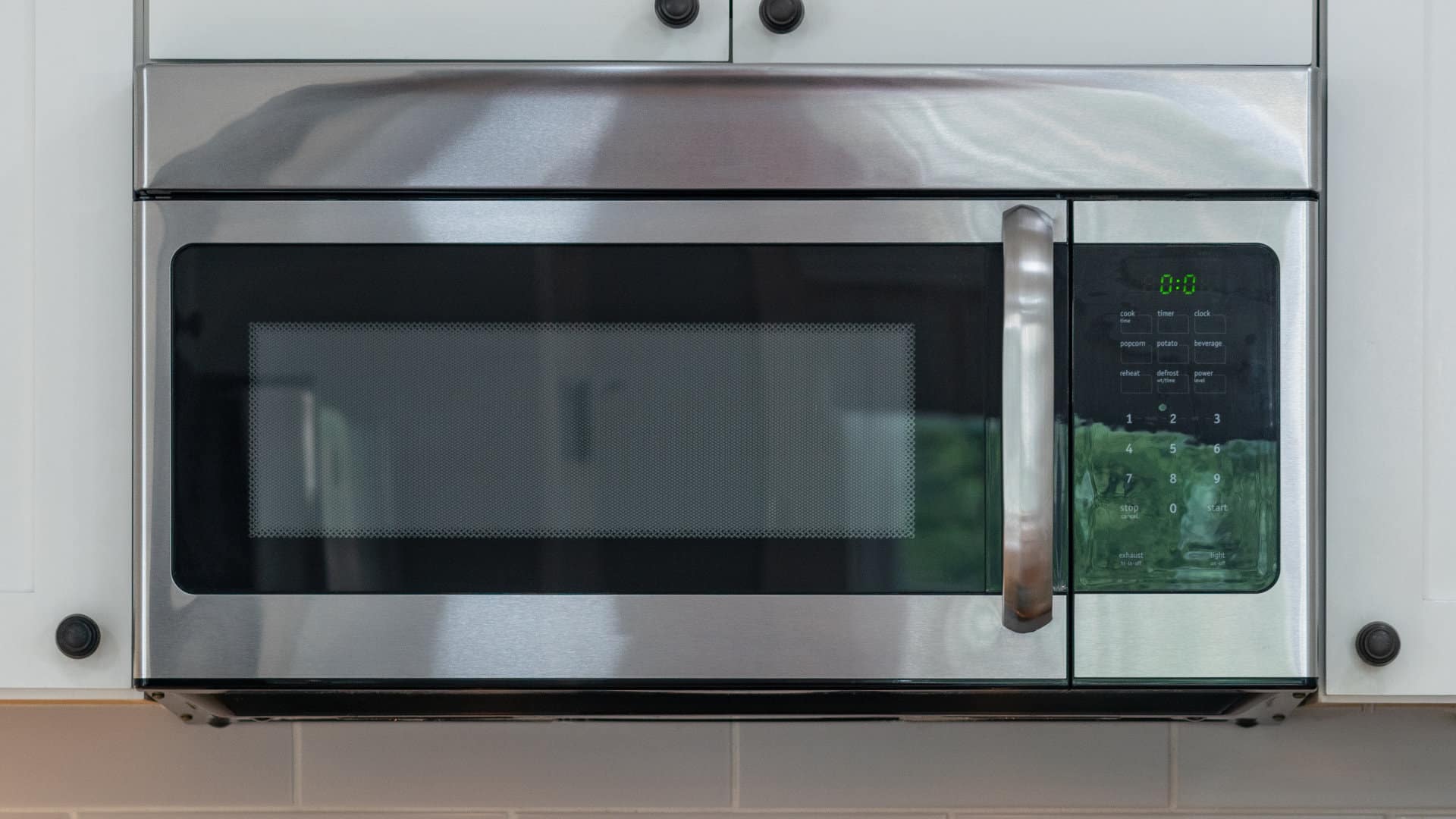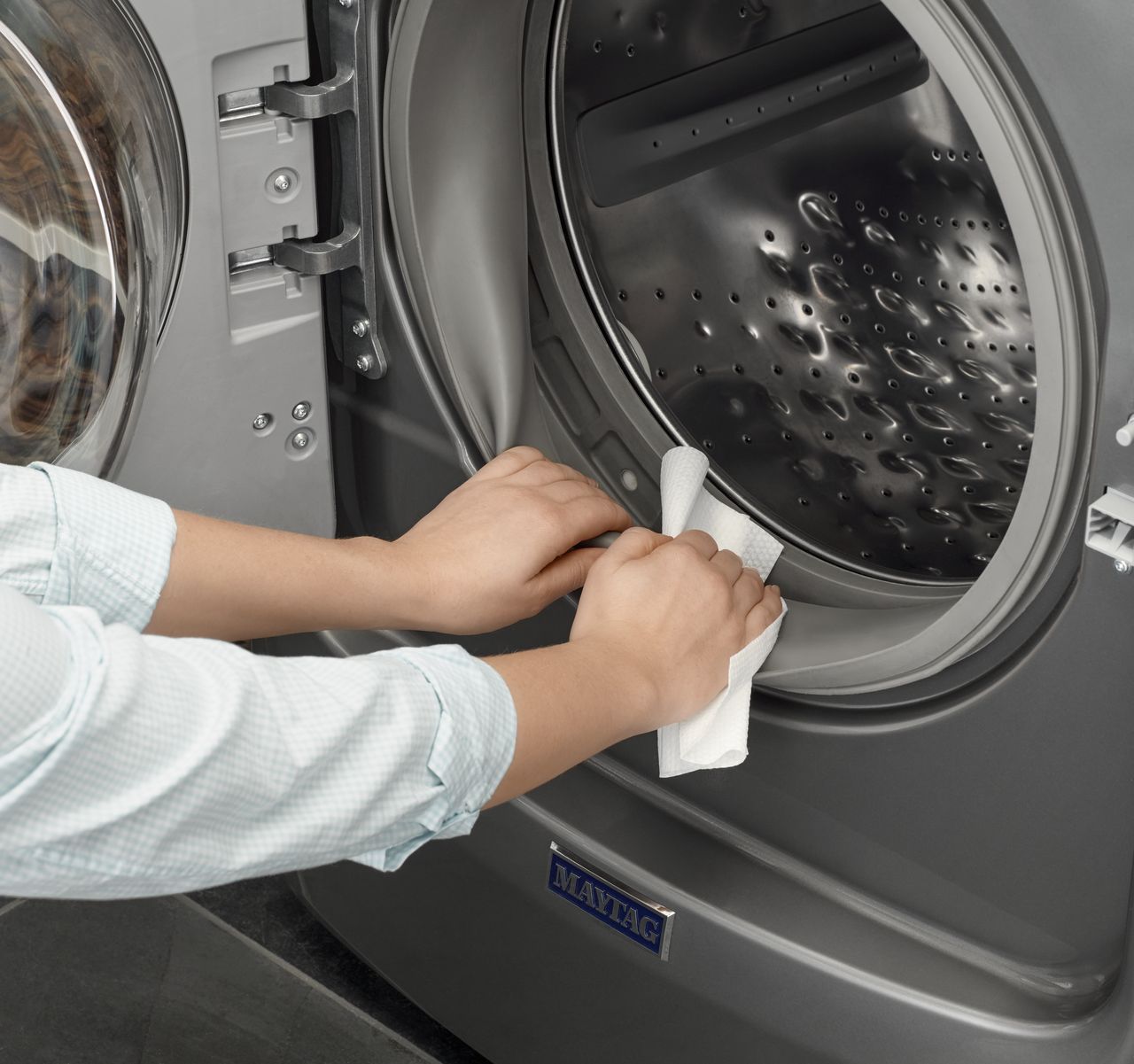
As with any appliance, a washing machine that is leaking is nothing but bad news. Not only can a leak damage the parts of a washing machine, but it will damage the flooring underneath over time as well. Leaks are something you never want to leave to linger, so here is what to start investigating first to make sure it gets fixed up fast.
Is Your Washing Machine Brand New?
There is nothing more devastating than getting a new appliance and finding it has some problem with it. If you got a brand new washer and it is already leaking, the problem may not be an actual problem. In fact, it could just be a step was missed during the installation. When being shipped, manufacturers place a temporary drain plug to protect the appliance. This drain plug needs to be removed during installation for obvious reasons. If it is not, it could manifest in the washer leaking. The fix is pretty simple, however. You need to simply disconnect the drain hose and remove the plug within.
Is the Water Full of Suds?
There is a difference between a pure water leak and one that is full of soap suds. If your leak is actually mostly soap suds, then it may be a different problem than a leak that is actually just water with maybe some detergent in it. A truly sudsy leak can often mean that you are using too much or the wrong type of detergent. It is a common problem when people put regular detergent in a high-efficiency washing machine. The soap suds up and starts leaking. If you have a suds leak, you will want to look into the soap you use.
Loose Hoses
The first actual issue you will always want to check when you have a washer leak is if the hoses are all secure. This can be a pretty common problem if you recently had to do a washer repair or needed to disconnect the hoses to move it for any reason. Alternatively, sometimes hoses get old and they leak. Make sure both the fill hoses and the drain hose are securely attached. You will also want to inspect them for any damage such as cracking or kinks. You will also want to check the connections. If there is visible rust or lime buildup, this is a sure sign that water has been seeping from the area and needs to be addressed. If it is indeed a hose issue, consult your owner’s manual to determine what specific replacement you need to order.
Faulty Drain Pump
The pump is the part that pulls the water out of your washer and makes sure it gets pushed to the drain. If your hoses check out, this is should be the next suspect. Once you rule out the hoses, you should place some newspaper under your washing machine. If you check after a cycle and find that the back of the machine is the area that is producing the leak, then it is likely a drain pump issue. Over time, this pump can either go out or it can become clogged. With nowhere for the water to go, it leaks out. Even if it is just a clog, you may still just want to replace the pump itself. If it clogs once, it is likely to happen again sooner rather than later.
Water Level Switch
If water is coming out of your top-loading washing machine because it is splashing up during the cycle, then you want to look into the water level switch. The way these switch works is it measures how much water is in the washer, and signals it to stop filling when the washer is full. If you see your washer filling above the max fill line, then it is a sign of the water level switch going faulty. If you find that your top-load machine is leaking out of the top, it is almost always because this switch has gone out. If your front-loading machine is leaking, then it can be because there is too much water, but it also means multiple things have failed.
Why Is Water Coming Out the Front of My Washing Machine?
If your washing machine leak problem is easy to spot, then it is probably because the water is coming out of the door of your front-load machine. Just because you can see where the leak is coming from, however, does not make it any easier to deal with. If you have water coming from the door of your front-loading washing machine, then there are two main concerns. The first is that the seal has failed. In each front-loading washing machine, there is a rubber door seal whose sole job is to stop water from leaking out of the door. Like any door seal, over time that rubber can become brittle and it may fail to do its job. Check to make sure the door seal doesn’t have any cracks or uneven areas.
The second concern is the door lock. In most front-load washers, if the door lock fails, the washer will not run. However, that may not always be the case. The door lock is in place to prevent roughly agitating clothing from popping open the door during the cycle. If the door lock is not functioning, you may notice that the washer does not start leaking right away, but rather starts to leak during the more vigorous sections of the wash cycle.
In essence, this how you can pinpoint whether you have a door seal or a door lock problem. If the front of your washer starts leaking as soon as you start the washing machine, it is most likely a door seal problem. However, if it waits until certain times in the cycle to start leaking, then it is likely the door latch is faulty and is being pushed open just enough to start leaking. Both are rather simple to replace and should solve your washer leaking problem quickly so you can get back to normal function. However, if you are not comfortable making this or any repairs, contact us today so Appliance Express can help.
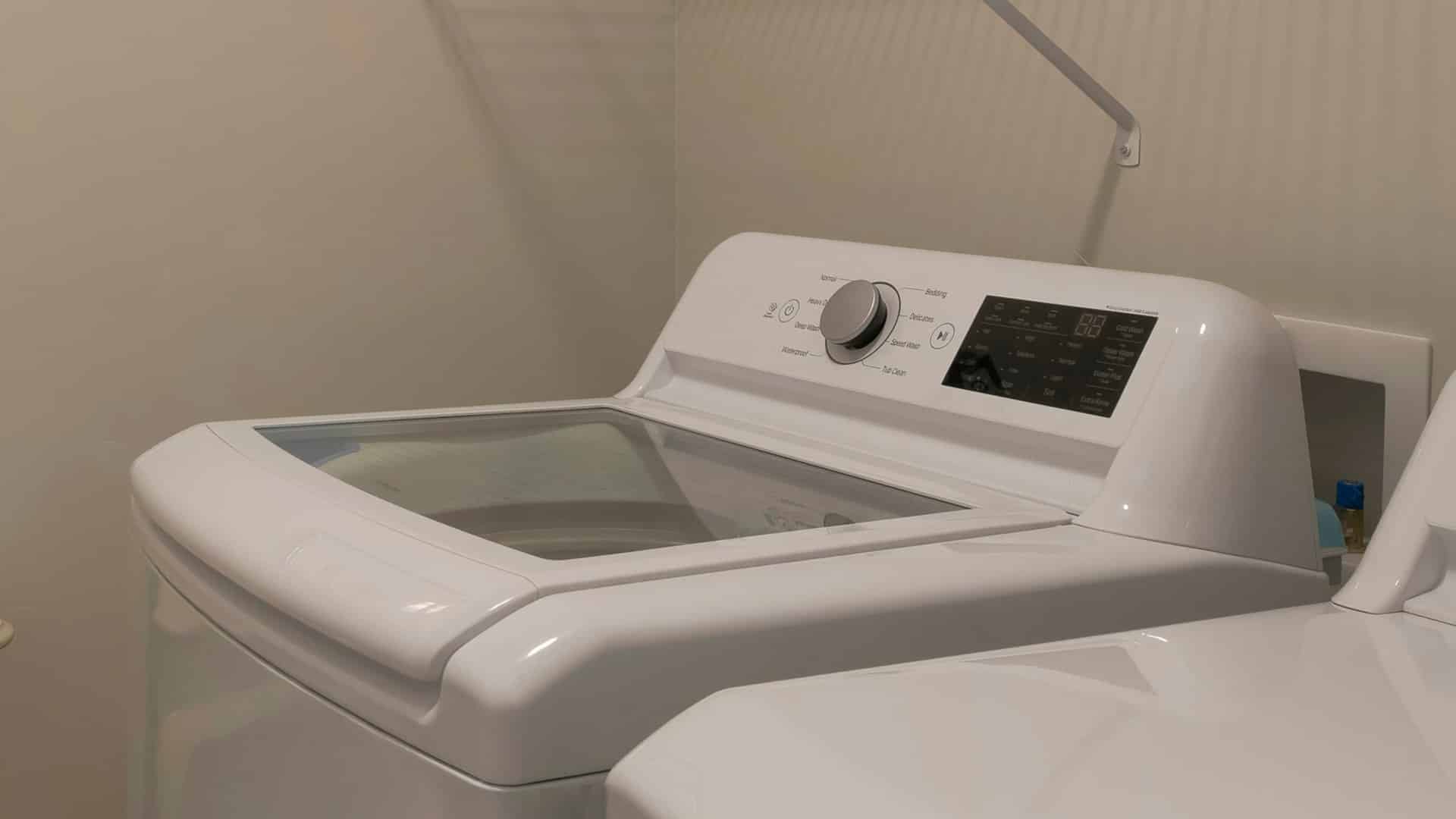
GE Washer Not Spinning? Here’s The Fix!
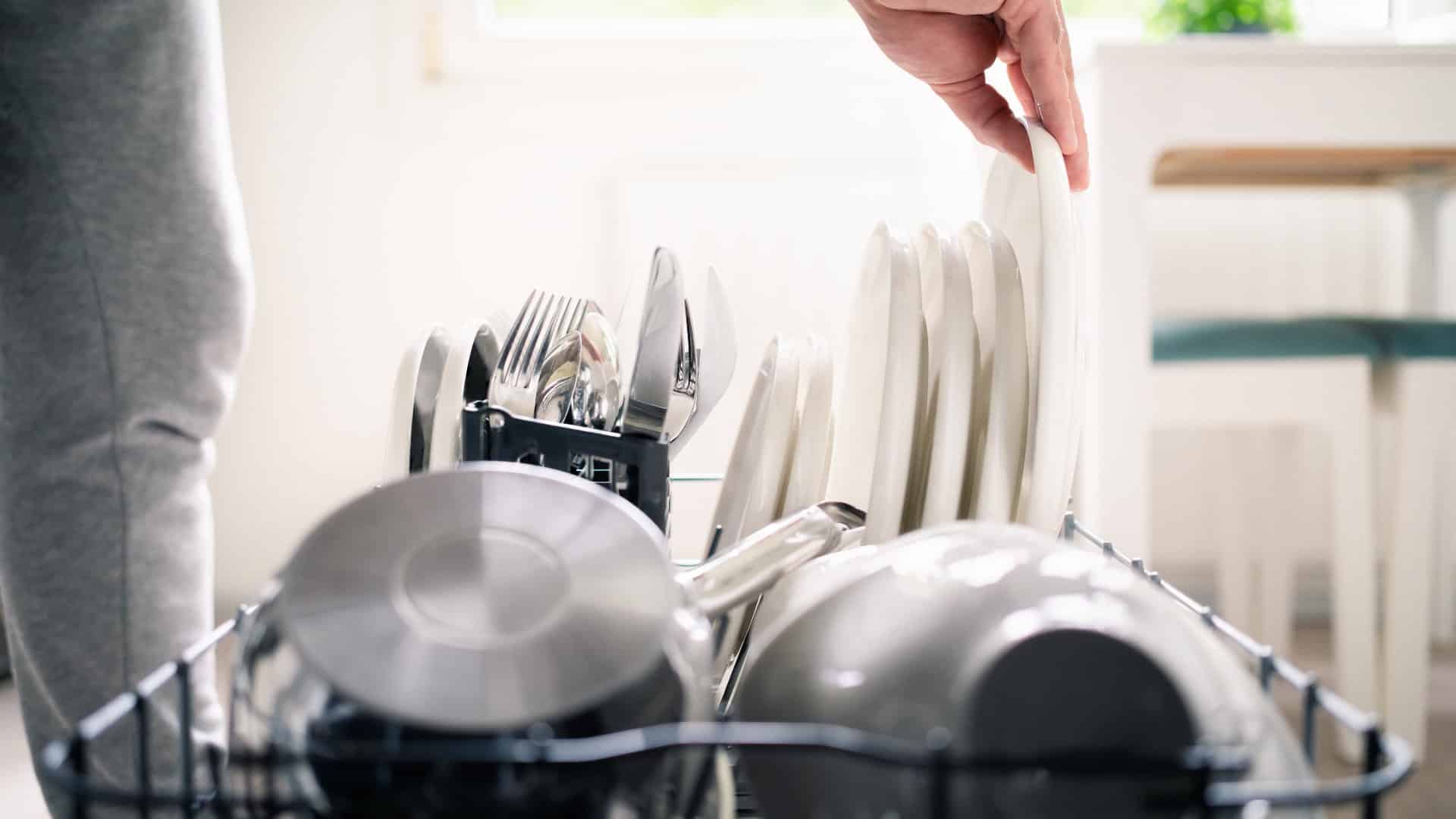
How to Restore Power to Your GE Dishwasher
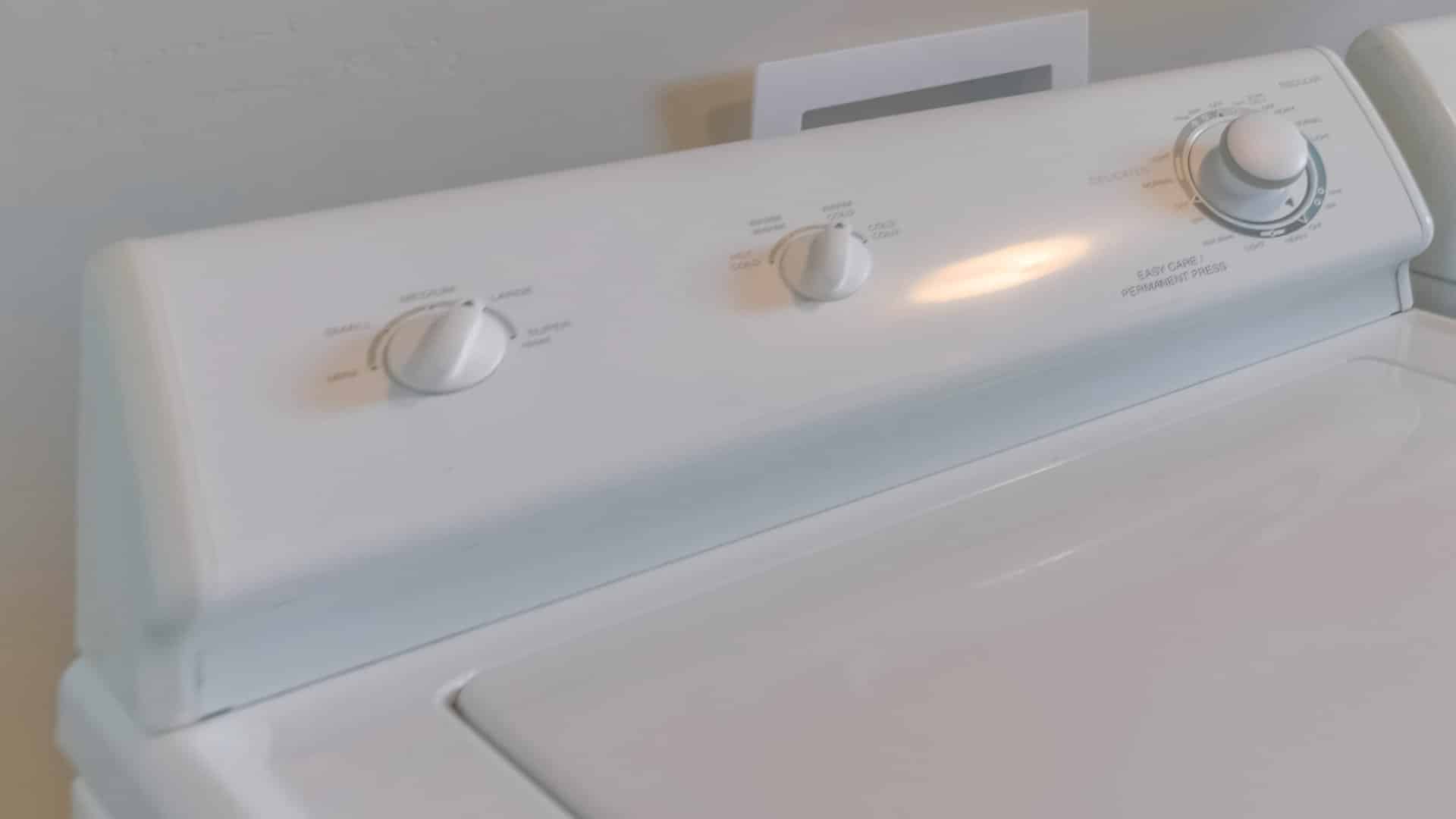
How To Reset Your GE Washer Top Loader
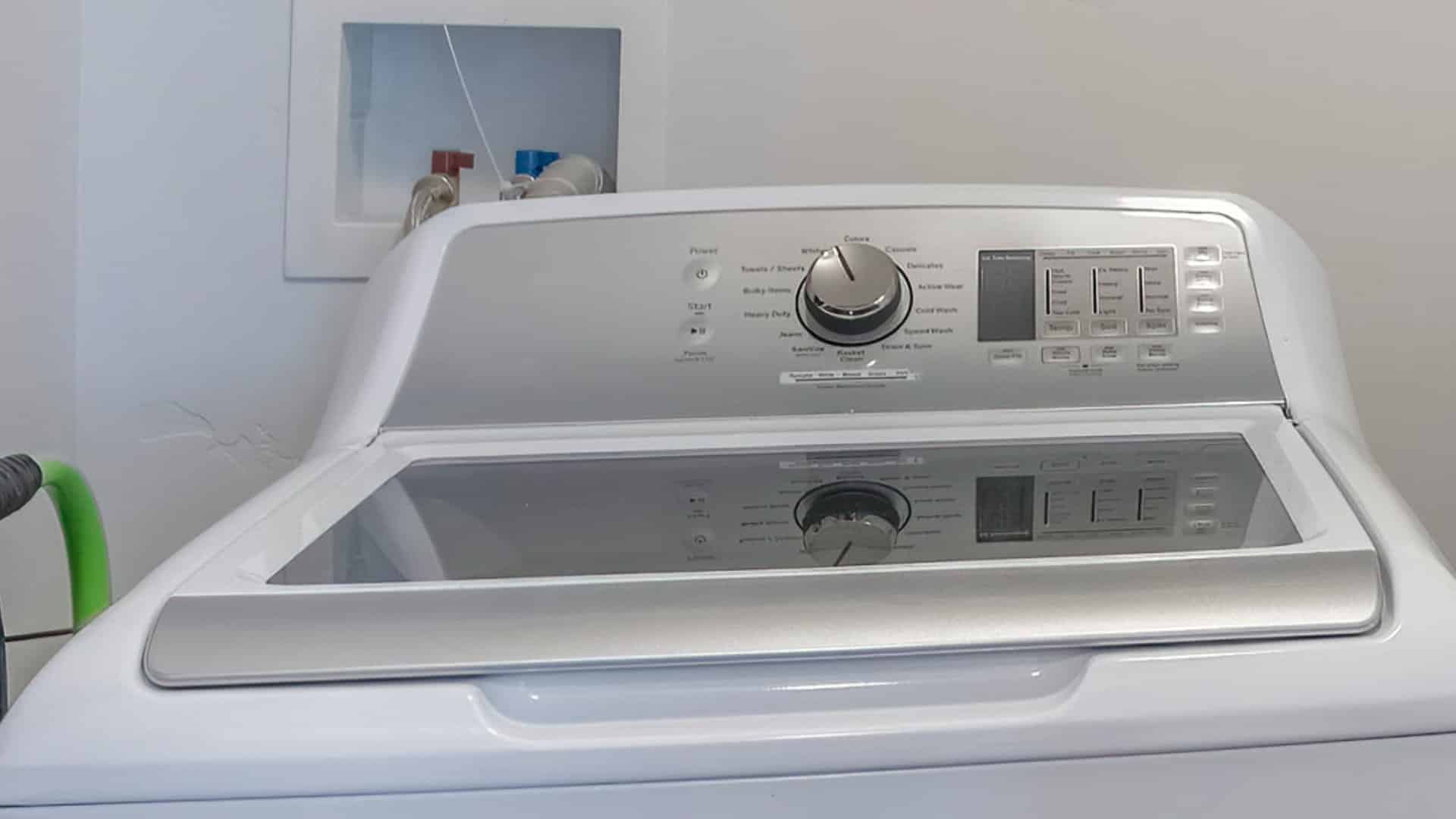
Understanding Whirlpool Washer Error Codes

JennAir Ice Maker Not Working? Here’s What to Do
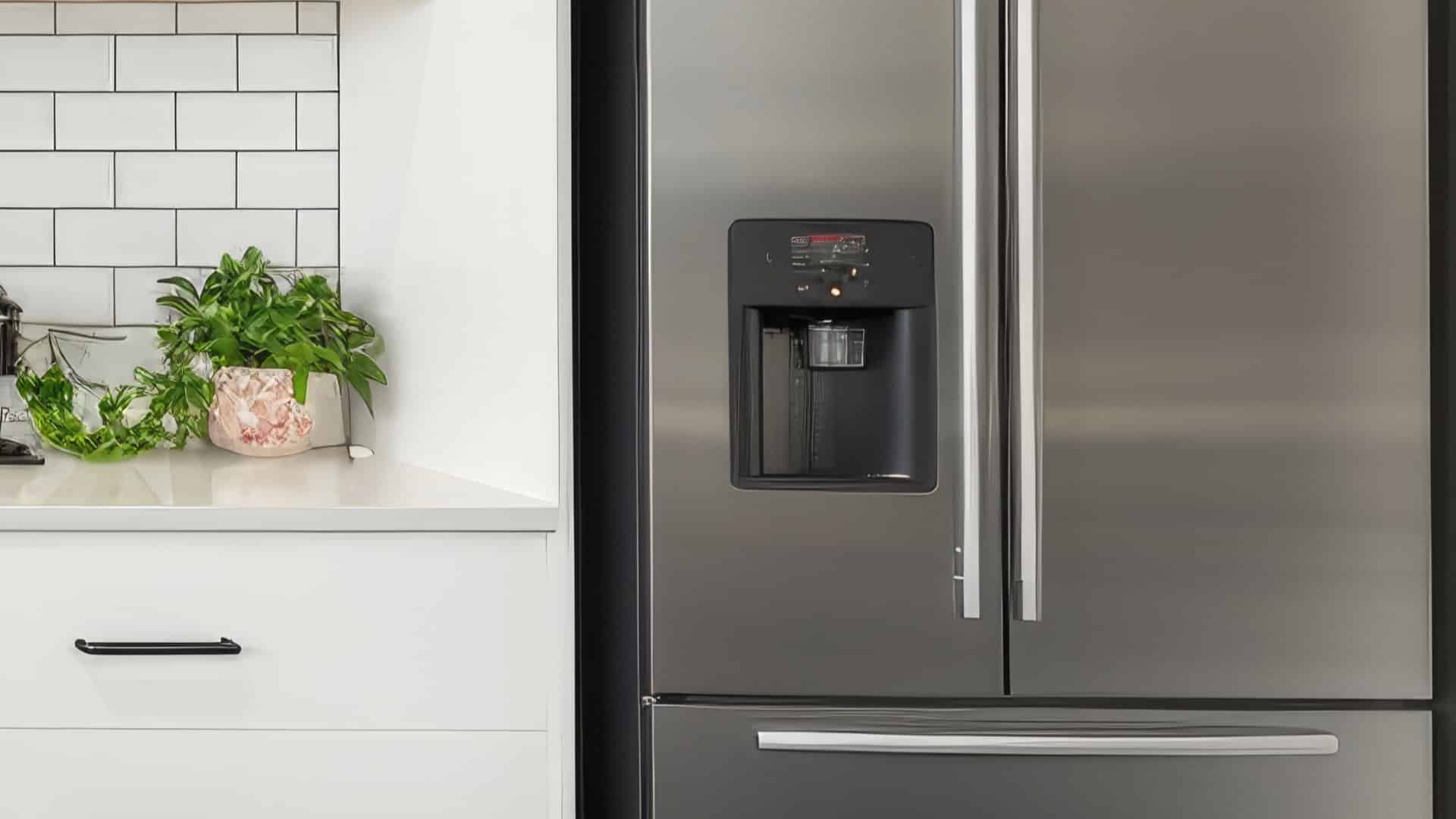
What to Do If Your LG Fridge Isn’t Cooling
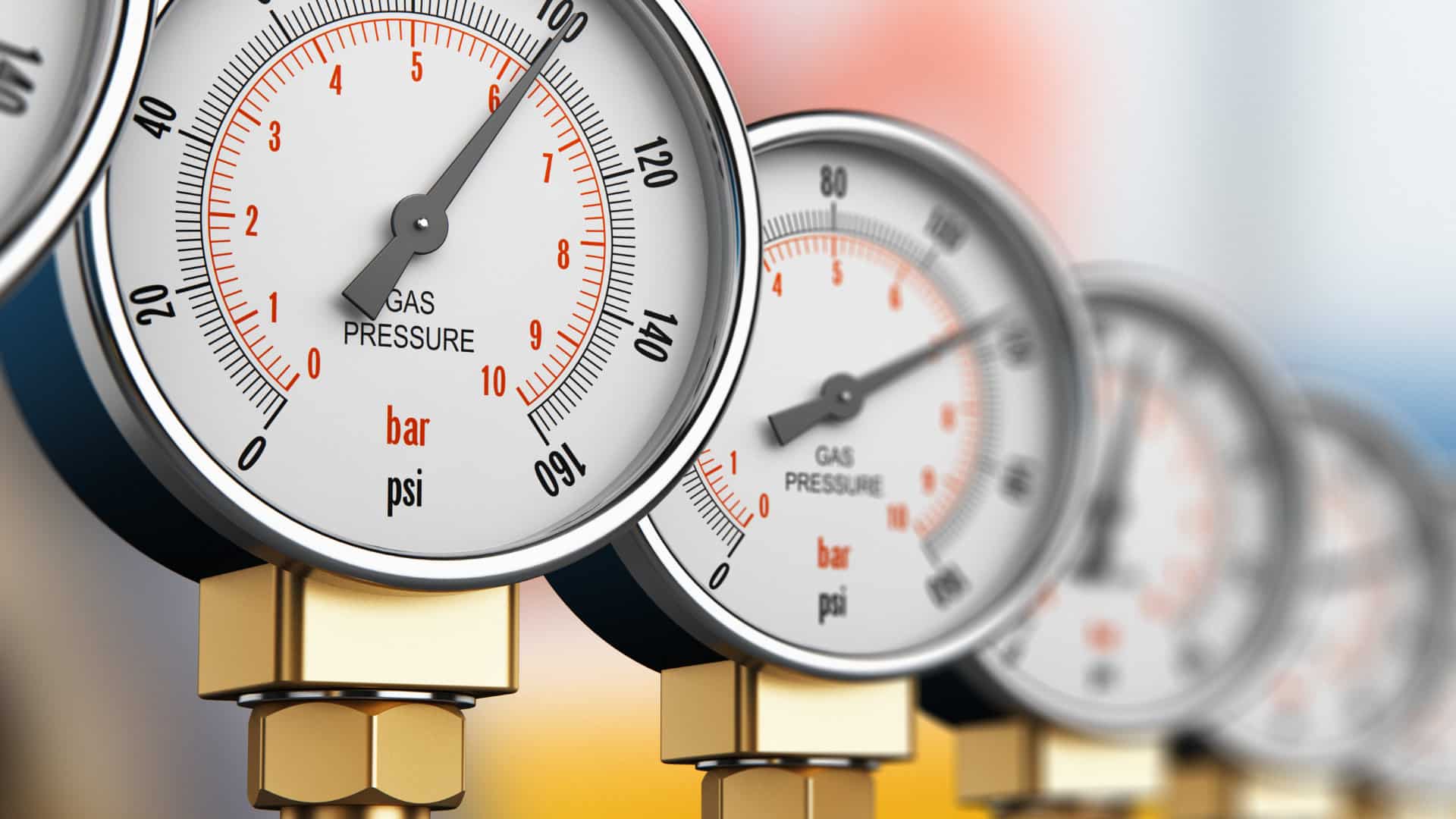
Propane vs. Natural Gas Stove: What’s Best?

How Hot Does a Dryer Get?
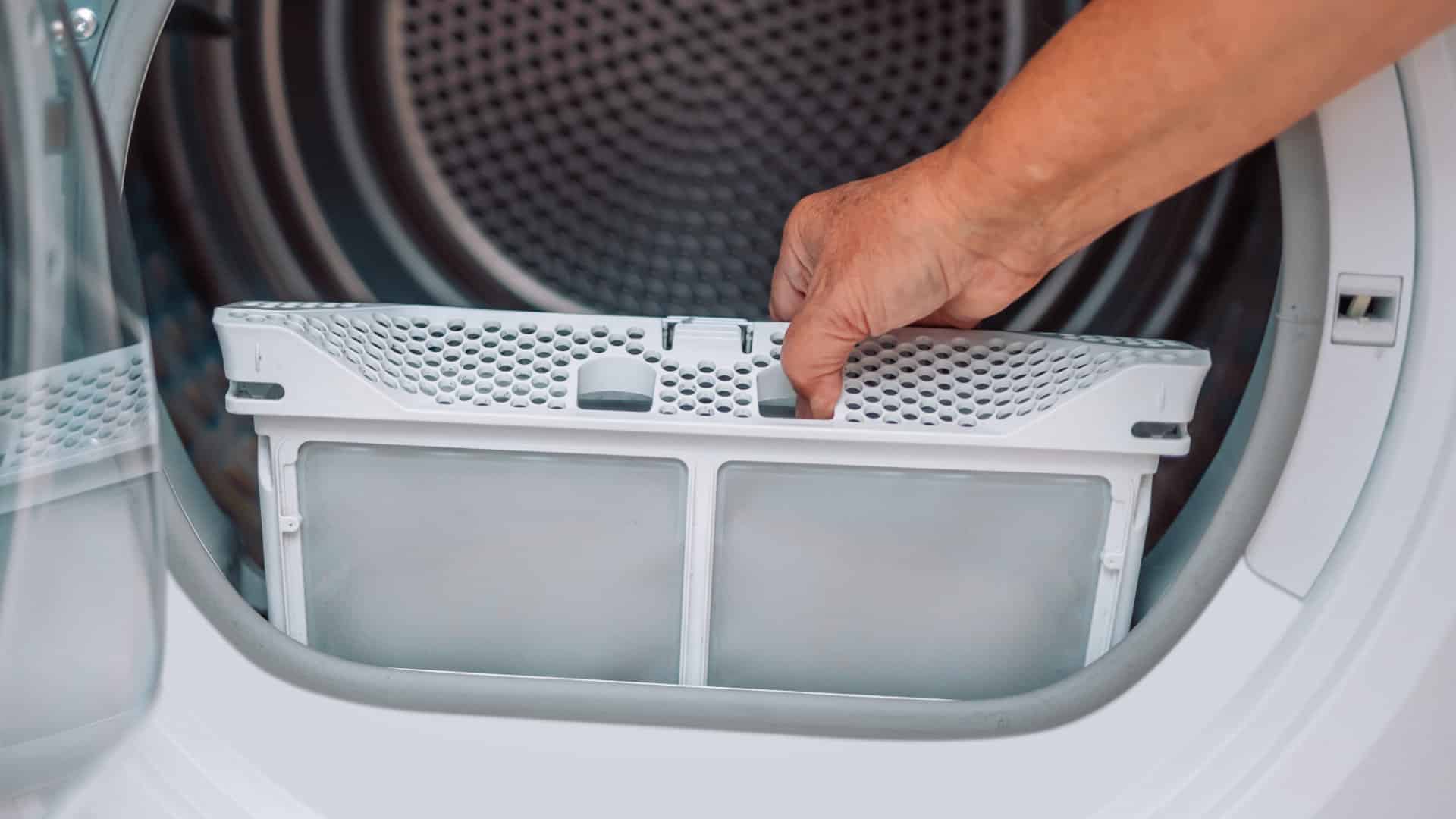
LG Dryer Flow Sense: Everything You Need to Know
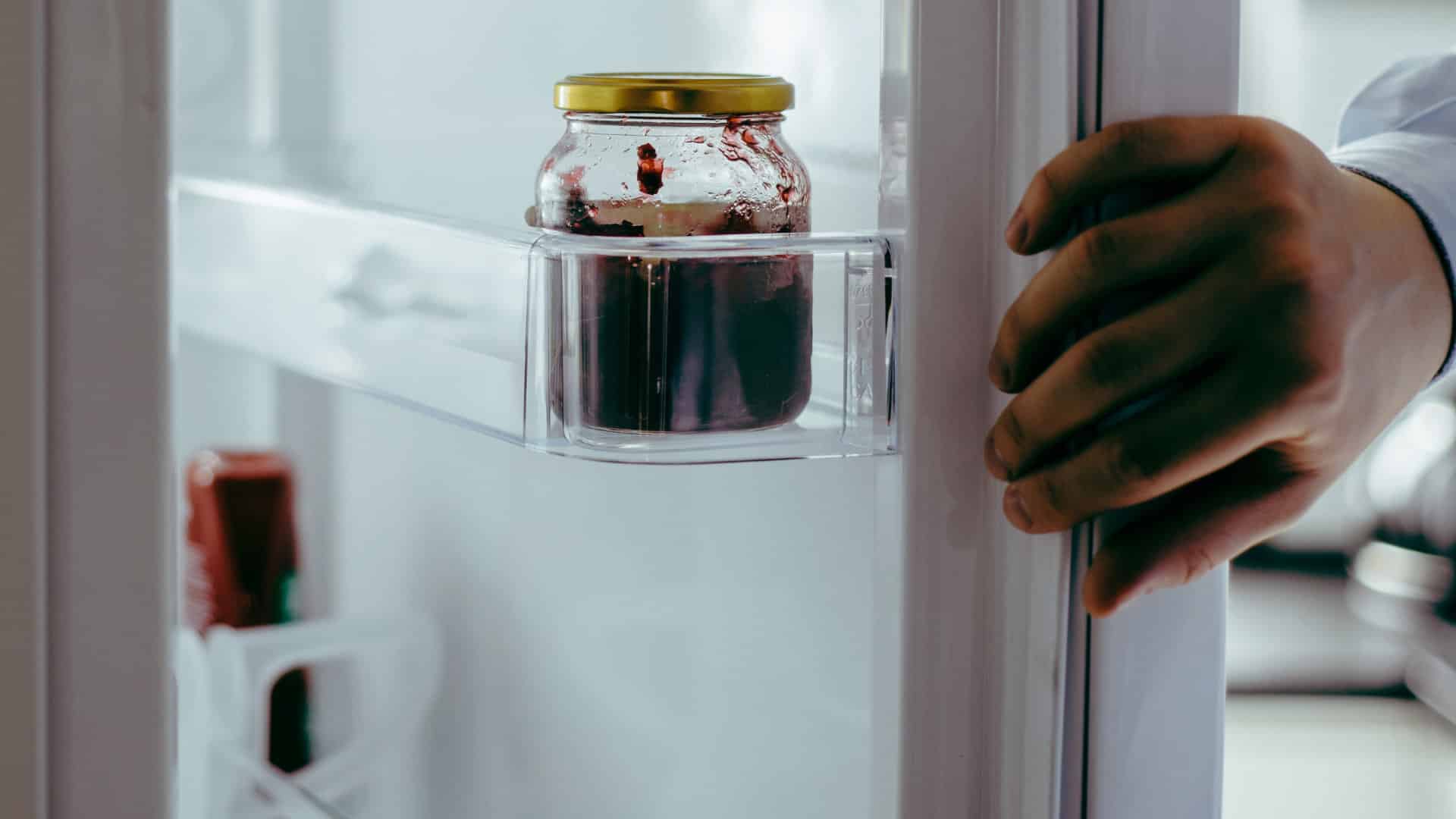
What to Do When Your Freezer Is Not Freezing but the Fridge Is Cold
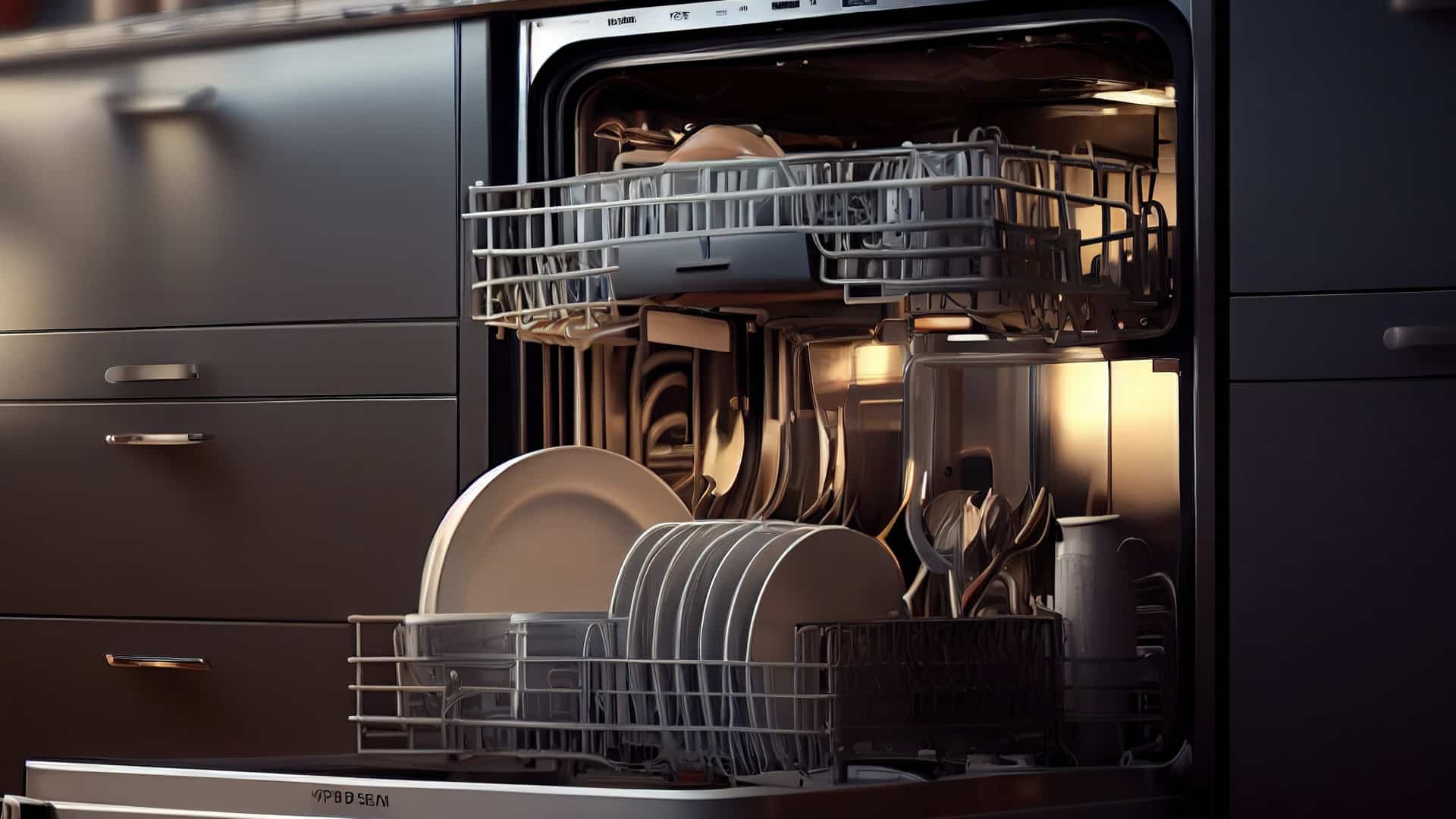
How to Solve Maytag Dishwasher Showing Error F9E1
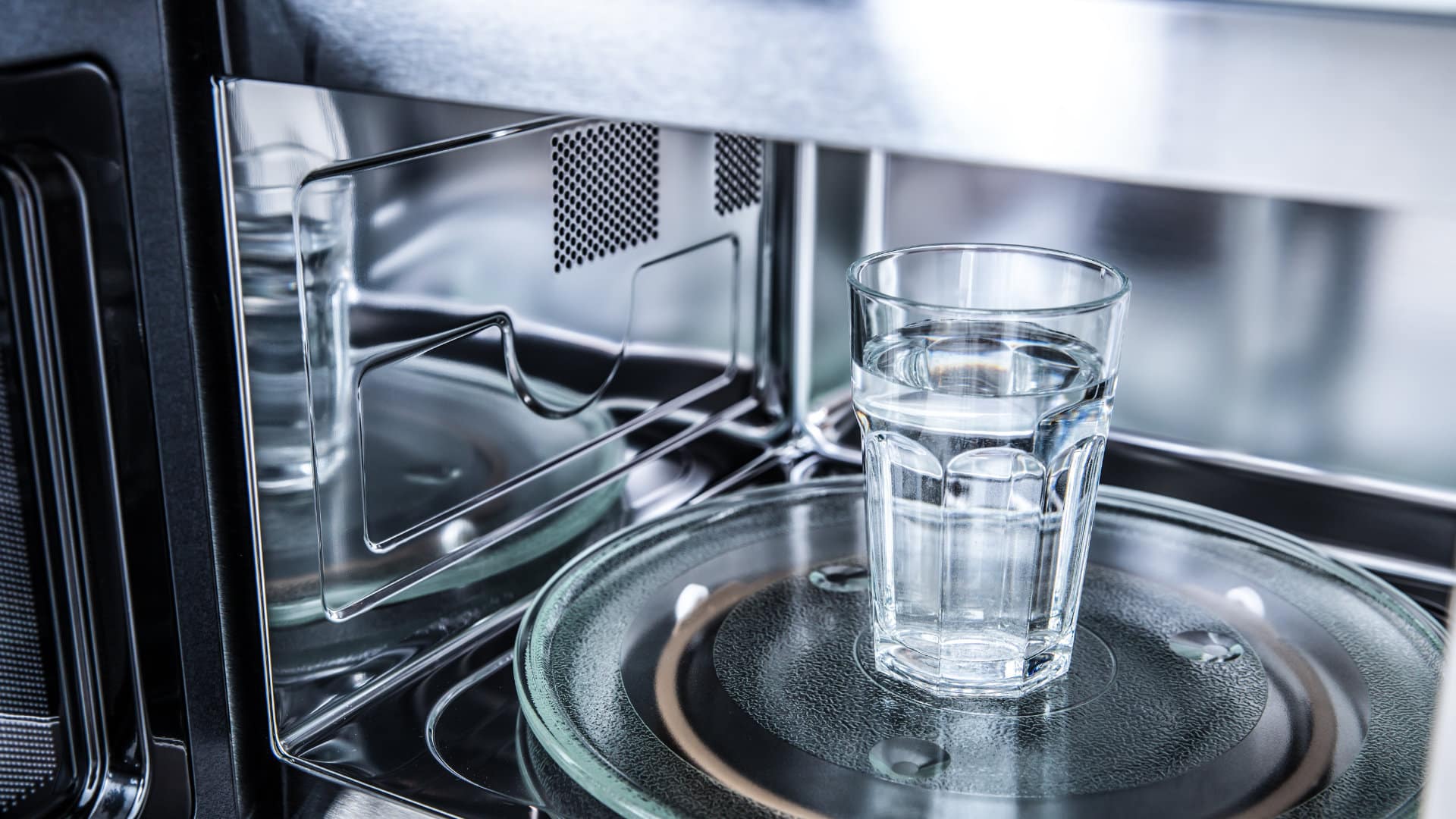
When Is a Microwave Unsafe to Use? (Warning Signs to Look For)
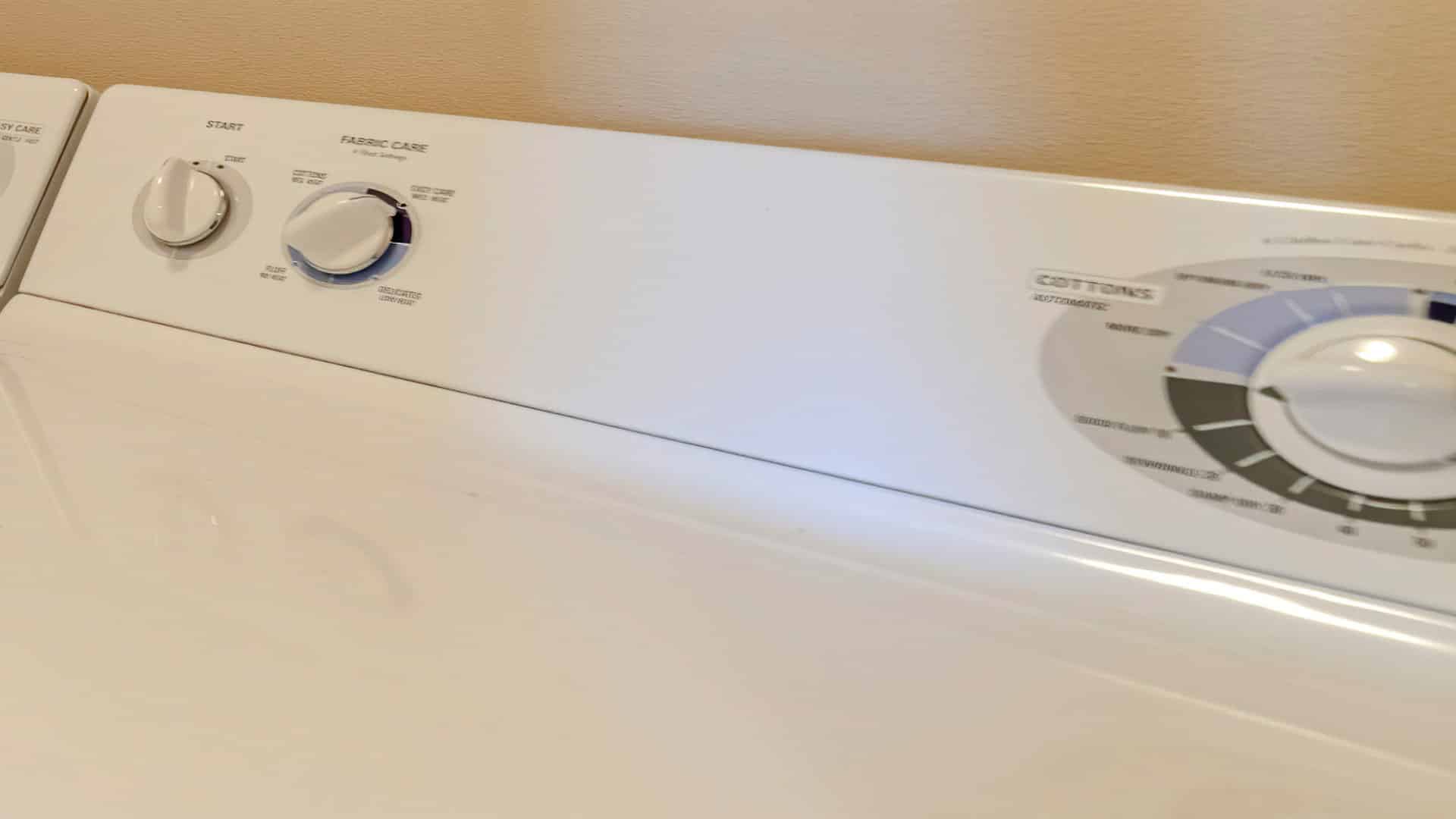
How to Fix a Squeaky Dryer (Step-by-Step)
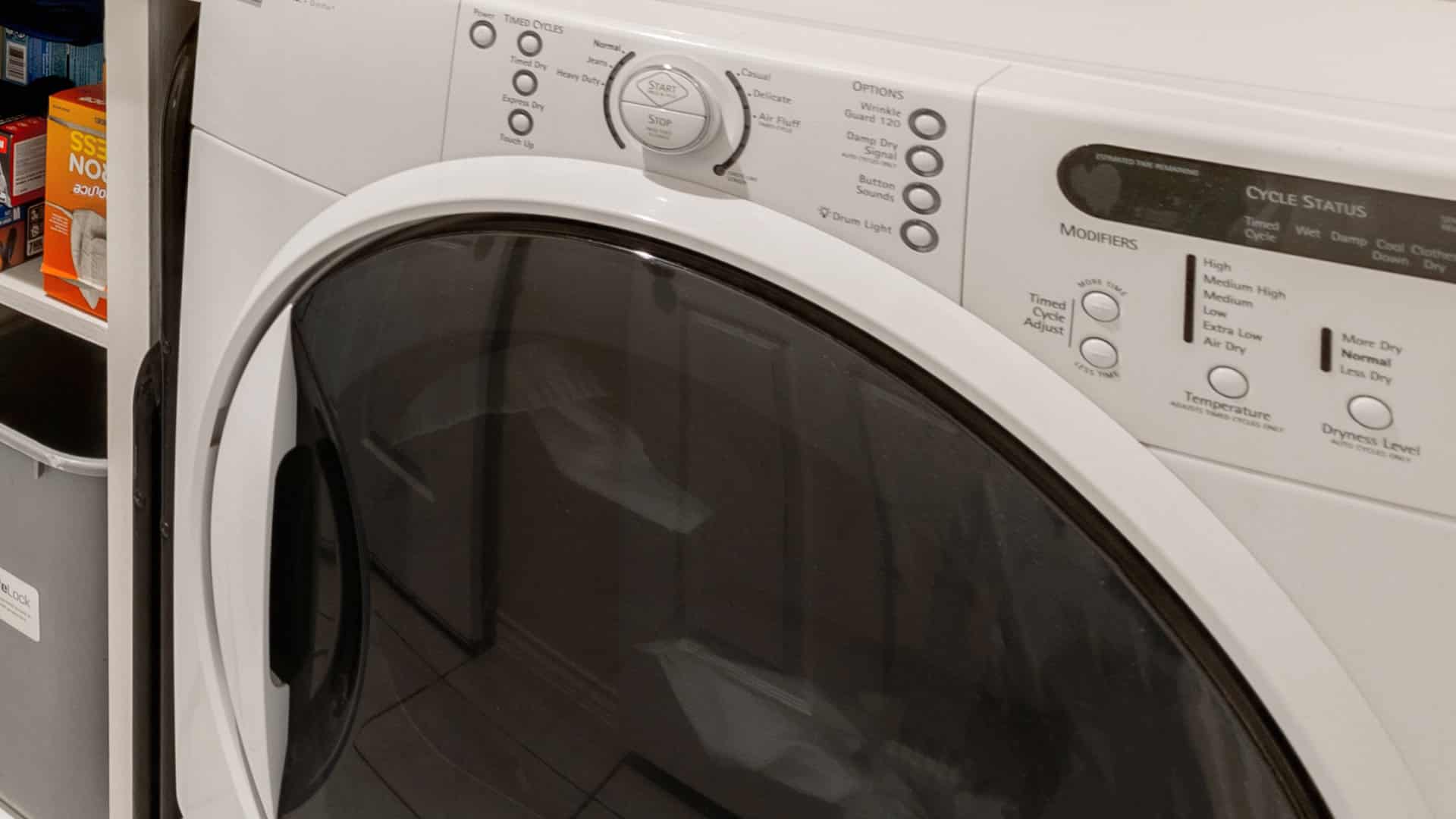
How To Remove Ink From Your Dryer
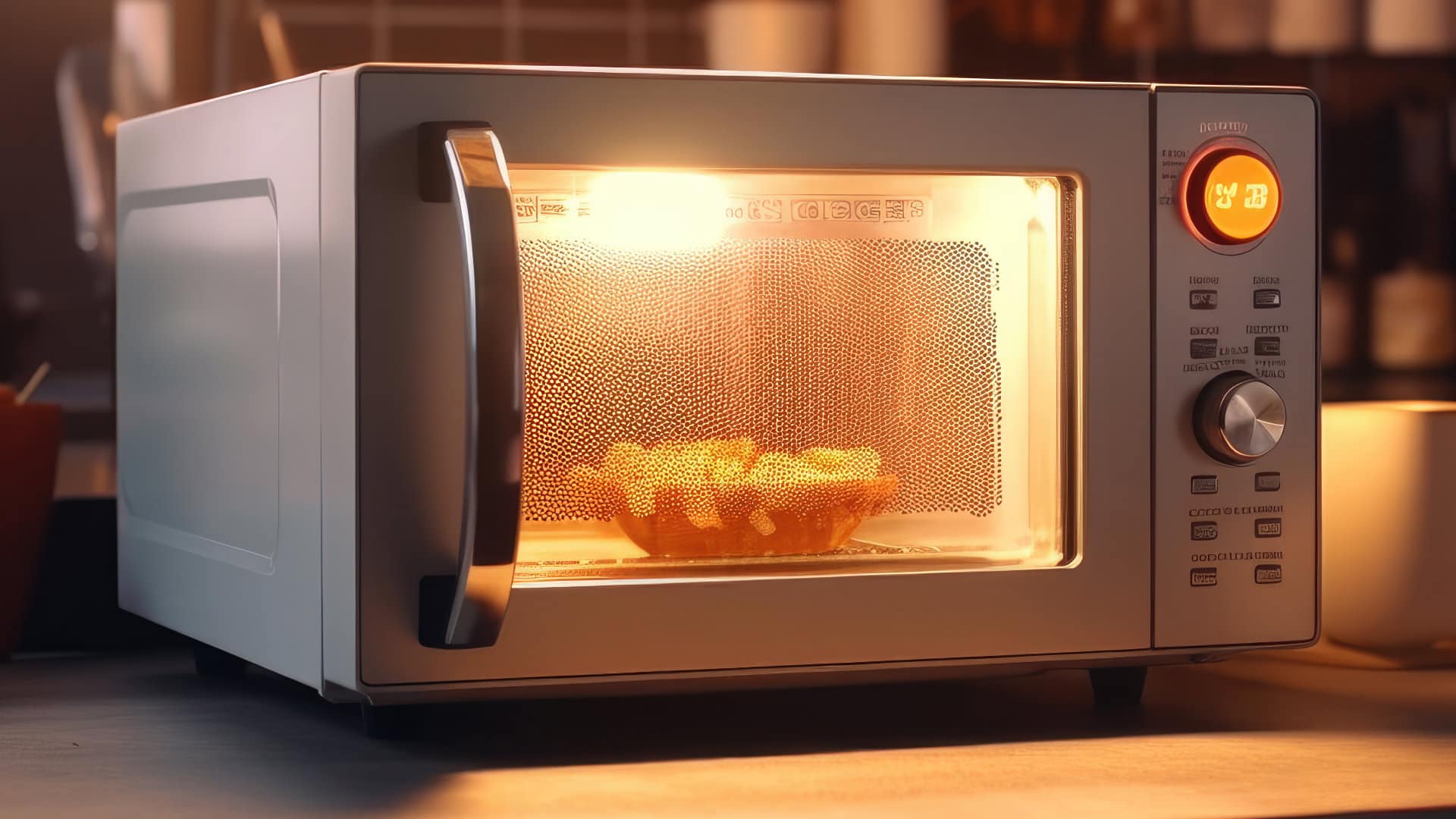
How To Fix an LG Microwave Not Heating
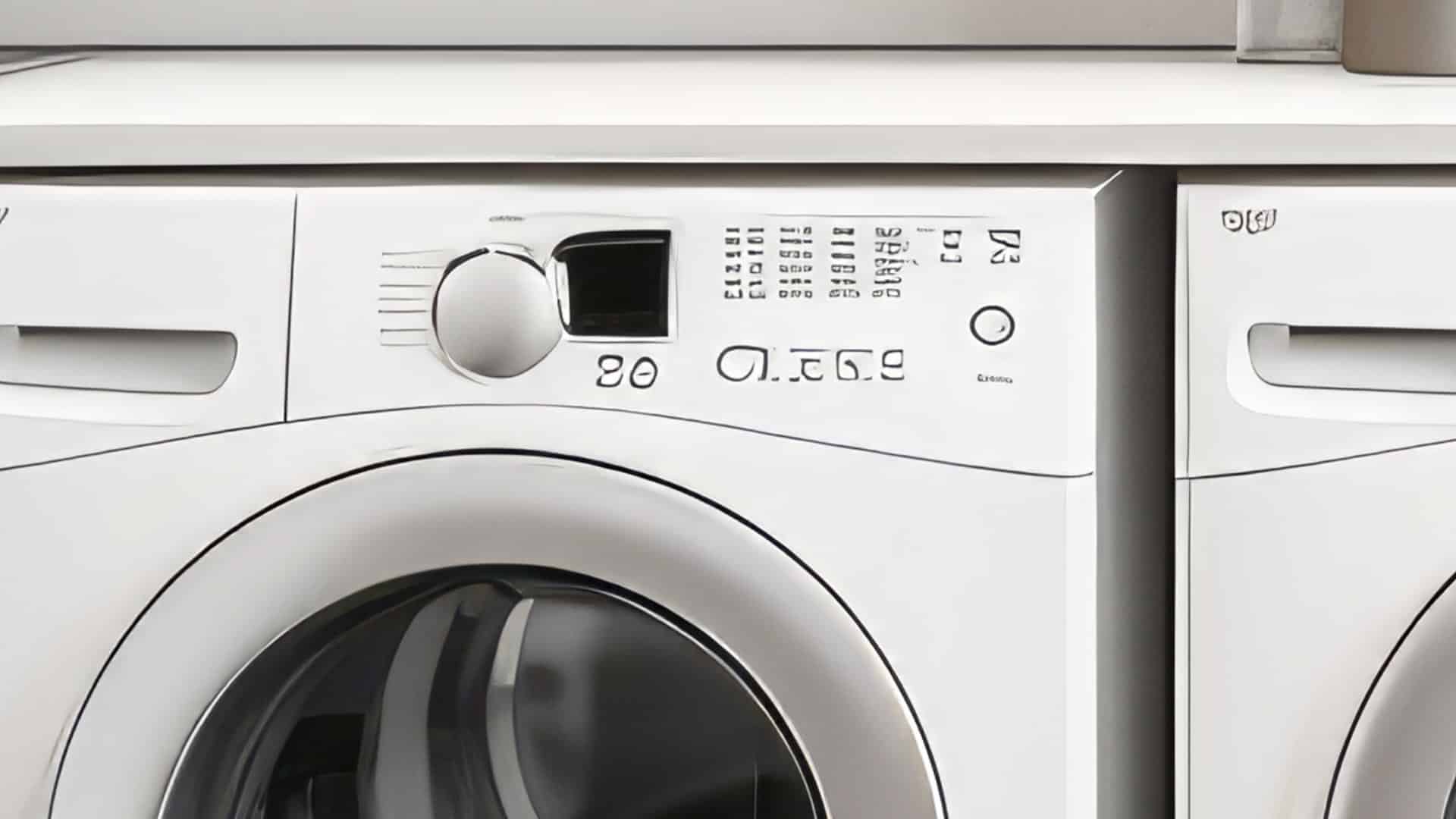
How To Fix a Maytag Washer Not Spinning
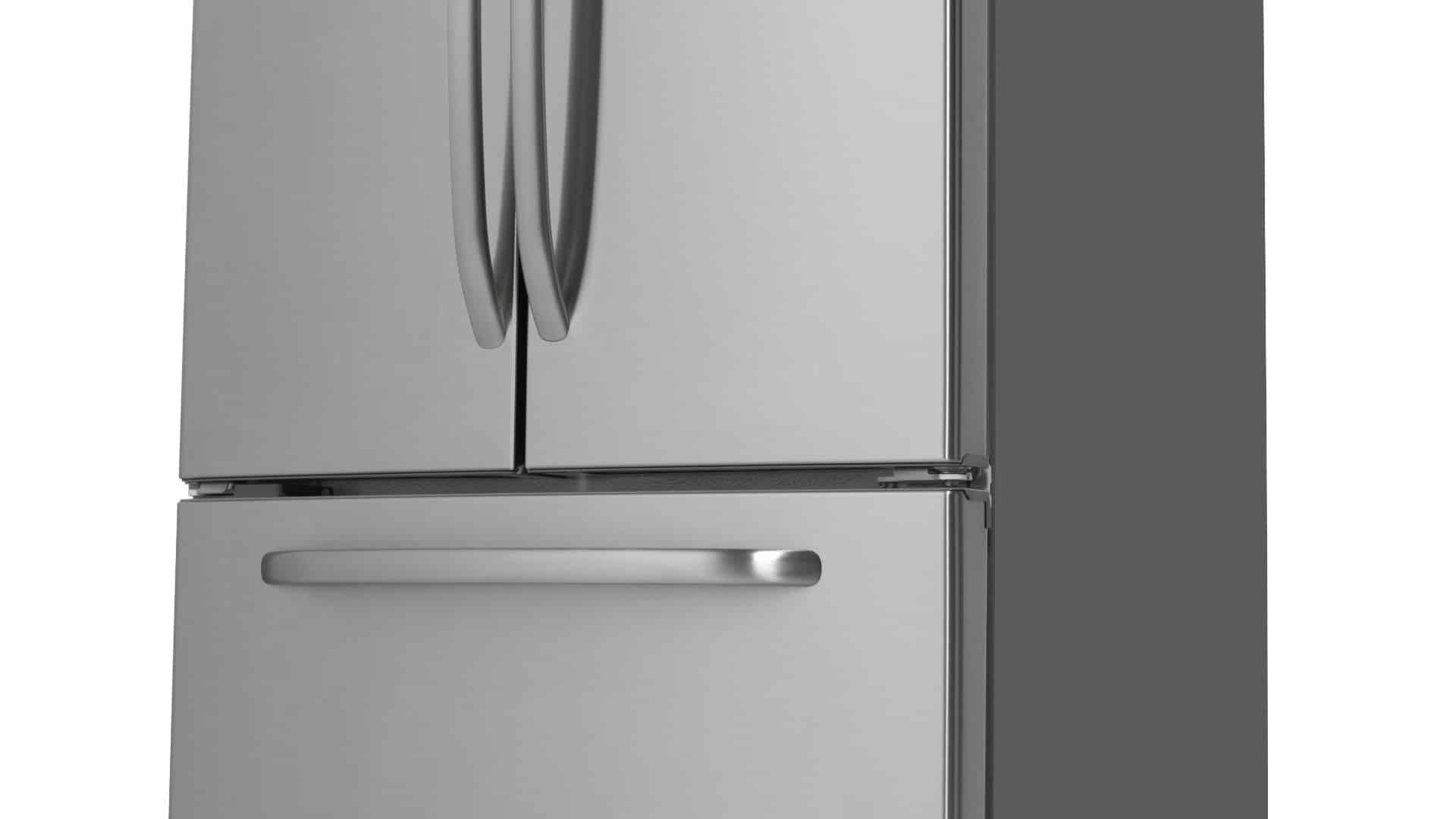
KitchenAid Refrigerator Not Making Ice? Here’s Why

Whirlpool Microwave Door Error: How to Fix It
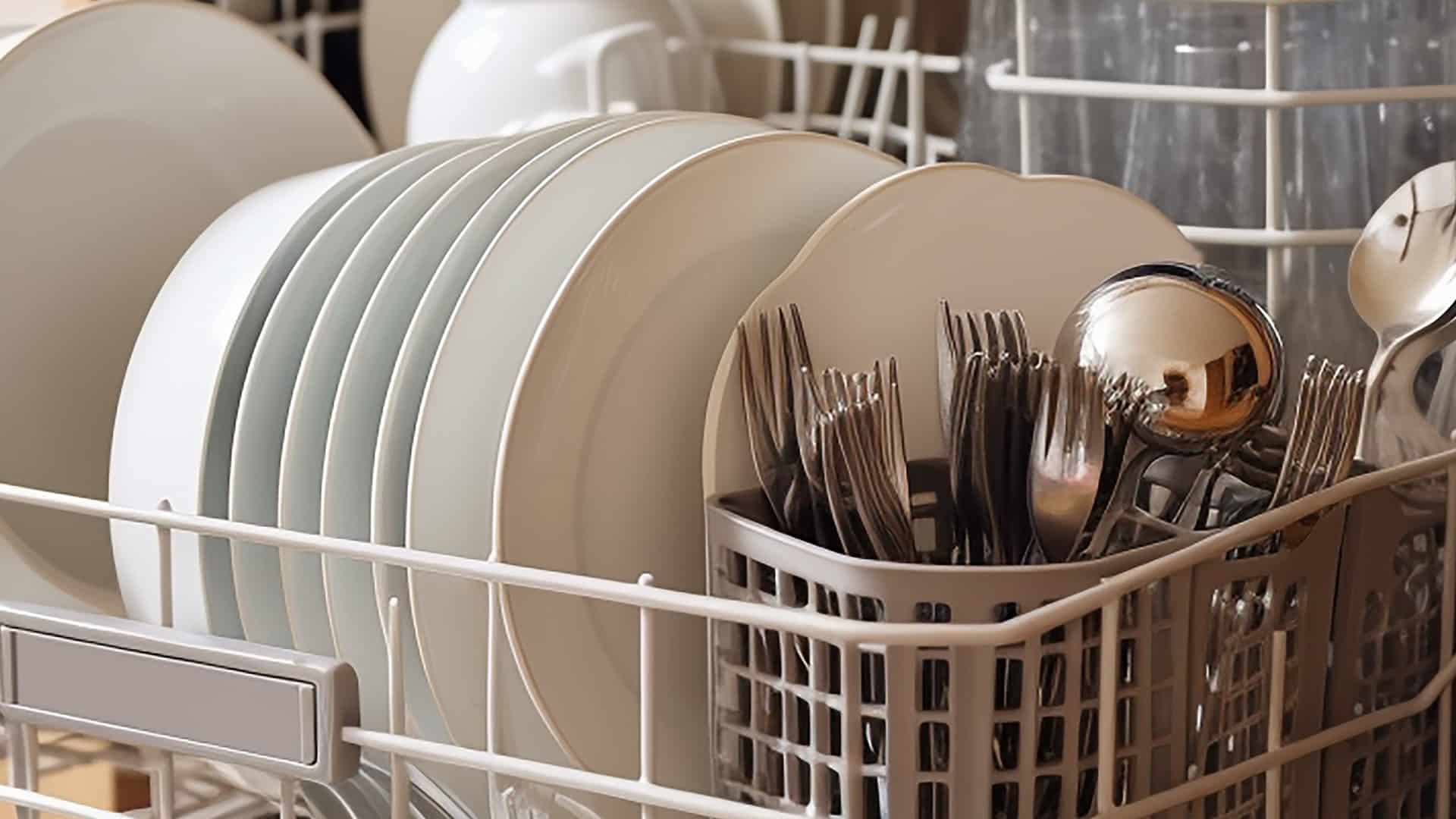
13 Things to Never Put in the Dishwasher
